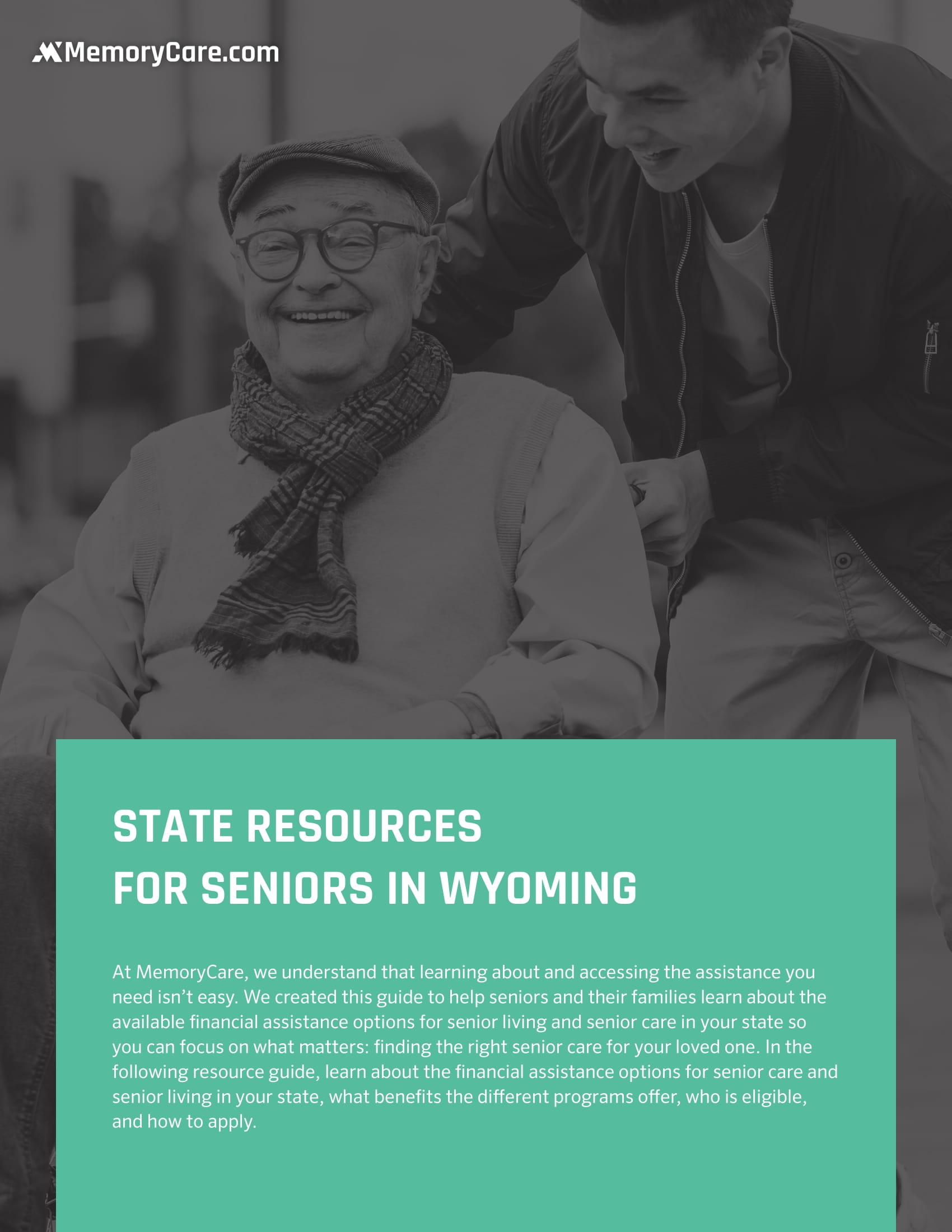Federal and State Financial Assistance for Seniors
It's a sad fact that many older adults today find themselves struggling with money after retirement. Income from pensions and investments may not cover the mounting costs of senior living, and ever-higher medical costs can rapidly grow beyond the resources seniors have available. This can limit the ability of many seniors to get adequate housing, food and utilities.
Seniors' unmet needs can go beyond financial shortfalls. Limited resources and social isolation can affect older adults' opportunities to interact with their community and live active, healthy lives. Fortunately, seniors in every part of the country have a number of state and federal programs available to help them thrive. For many seniors, these programs can solve the problems of hunger, housing and isolation they face and help them live as independently as possible in their own homes.
This guide includes helpful information about programs available to help seniors with financial assistance and other benefits that can help manage the cost of senior care. Information about state and federal programs comes from trusted sources and is grouped into categories based on the needs they answer: nutrition assistance, medical programs, cash aid and housing assistance.

Federal Assistance for Seniors
The federal government operates several programs that offer financial assistance for seniors. Some of these are senior-specific benefits with an age restriction for participation. Other programs are generally available to all citizens but may be a vital part of many seniors' support systems.
Cash Assistance
Cash aid and other financial assistance are some of the most direct ways the federal government has to support seniors. Some programs pay directly to seniors, while others offer discounts or credits that help older adults save money.
Social Security
Social Security is the major cash support for seniors. Full benefits are available for seniors who delay retirement until age 67. To be eligible, a senior must be at least 62 years old, though younger adults who are U.S. citizens or permanent legal residents may apply if they have permanent qualifying disabilities. Seniors can apply for Social Security directly, through the SSA or at a local human services office.
Supplemental Security/Disability Income
SSI/SSDI is a Social Security supplement that provides a monthly stipend for financially needy beneficiaries. Applicants may be adults of any age, and SSDI imposes a disability requirement. Enrollment in SSI/SSDI frequently confers automatic eligibility for numerous state and local financial assistance programs.
IRS Elderly Tax Credit
The IRS Elderly Tax Credit can reduce the amount of money seniors in the United States owe on their federal taxes each year. A senior needs to consult with a financial advisor for details before claiming the credit on a regular tax return.
Utility Assistance
Seniors on fixed incomes frequently need help paying their monthly utility bills. While many states have their own programs to support seniors with home heating and cooling, the federal government also operates assistance programs and credits for seniors.
Low Income Home Energy Assistance Program
The Low Income Home Energy Assistance Program can significantly reduce the amount of money seniors pay for their electricity and gas. In some areas of the country, this can be combined with a federal discount for home heating oil. LIHEAP programs are often locally administered and vary in their eligibility terms and in the services offered. In many areas, the program can help homeowners insulate and weatherize their homes to cut energy costs. Some programs also assist beneficiaries with getting new energy-efficient appliances.
Medical Assistance
Seniors are more likely than most other groups to need continuing medical services to stay healthy. Apart from the VA, which provides medical services directly to veterans and their eligible dependents, the federal government operates two major healthcare programs.
Medicare
Medicare is the basic health insurance program that U.S. seniors can use to cover much of their hospitalization, outpatient care and prescription drug costs. The program is split between Original Medicare and Medicare Advantage, with seniors free to choose the type of coverage that works best for them. Seniors who have 40 work credits from the Social Security Administration are automatically enrolled in Medicare's hospitalization benefit (Part A) at no cost when they turn 65 unless they opt into a Medicare Advantage plan (Part C). Seniors with low income who need assistance with prescription drug costs (Part D) may be able to get copayment support through Medicare's Extra Help plan.
Medicaid
Medicaid is an all-inclusive health insurance plan for people with qualifying low incomes. It may be used as a supplement for Original Medicare plans to cover the unpaid share of cost left by most Medicare coverage. Medicaid programs are partly funded by the federal government and administered at the state level.
Nutritional Assistance
Seniors often need support getting and preparing regular meals. Some federal programs developed to meet this need are age-specific and restricted to seniors aged 60 and over, while others are more generally available to the people who need them.
Supplemental Nutrition Assistance Program (SNAP)
SNAP, sometimes known as food stamps, issues monthly food vouchers to help individuals buy groceries and other consumables. The program is fully funded by the USDA, but individual enrollments are processed by state or territory governments. Each program has income and other limitations, and vouchers may only be used for uncooked food products. SNAP EBT cards may be accepted online for food purchases and delivery for seniors who have difficulty getting out to shop. In many states, food bought via SNAP isn't subject to sales tax.
Commodity Supplemental Food Program
The Commodity Supplemental Food Program delivers care packages to seniors aged 60 and over who are enrolled in the program. Packages include fresh produce and canned goods as well as bulk foods that can help supplement meals prepared at home.
Senior Farmers’ Market Nutrition Program
The Senior Farmers’ Market Nutrition Program provides vouchers to help seniors aged 60 and over purchase fresh produce directly from local farmers' markets that may not be able to process SNAP payments. Vouchers and coupons, redeemable at participating markets, are regularly mailed to program participants.
Disability Assistance
Many seniors develop limitations that negatively impact their ability to participate in their communities. Disabilities can also make the home an unsafe place for seniors who live alone. The federal government can help with many common age-related disabilities.
iCanConnect
Seniors with significant hearing or vision loss can get help from iCanConnect. This program provides assistive devices for seniors with disabilities, including computers, braille displays, tablets and smartphones with voice inputs and other disability-friendly features. iCanConnect also provides training for seniors to learn to use the devices for themselves.
Housing Assistance
The federal government can help seniors with serious housing issues, from a lack of adequate housing to home improvements and repairs. Many, but not all, programs impose limits on income and overall home value for eligible participants.
USDA Housing Repair Grants
The USDA supports seniors who own their homes with a number of single-family housing repair loans and grants. Typically, loans to make a home environment safer or more accessible are offered on 20-year terms with 1% interest on a fixed rate.
Housing and Urban Development Programs
The U.S. Department of Housing and Urban Development offers several programs for seniors with low income who need a place to live. The department can help seniors aged 62 and over pay their rent with direct housing subsidies, and a reverse mortgage program is open to homeowners who qualify.
Financial Assistance Programs and Resources in Each State
It can be challenging to independently research the many various types of financial assistance and other resources available to seniors. To make it easier for you to identify resources for your loved one, we created the below guides to financial assistance benefits for seniors in each state. Select your state below to learn more.
- Alabama
- Alaska
- Arizona
- Arkansas
- California
- Colorado
- Connecticut
- Delaware
- Florida
- Georgia
- Hawaii
- Idaho
- Illinois
- Indiana
- Iowa
- Kansas
- Kentucky
- Louisiana
- Maine
- Maryland
- Massachusetts
- Michigan
- Minnesota
- Mississippi
- Missouri
- Montana
- Nebraska
- Nevada
- New Hampshire
- New Jersey
- New Mexico
- New York
- North Carolina
- North Dakota
- Ohio
- Oklahoma
- Oregon
- Pennsylvania
- Rhode Island
- South Carolina
- South Dakota
- Tennessee
- Texas
- Utah
- Vermont
- Virginia
- Washington
- West Virginia
- Wisconsin
- Wyoming
Alabama
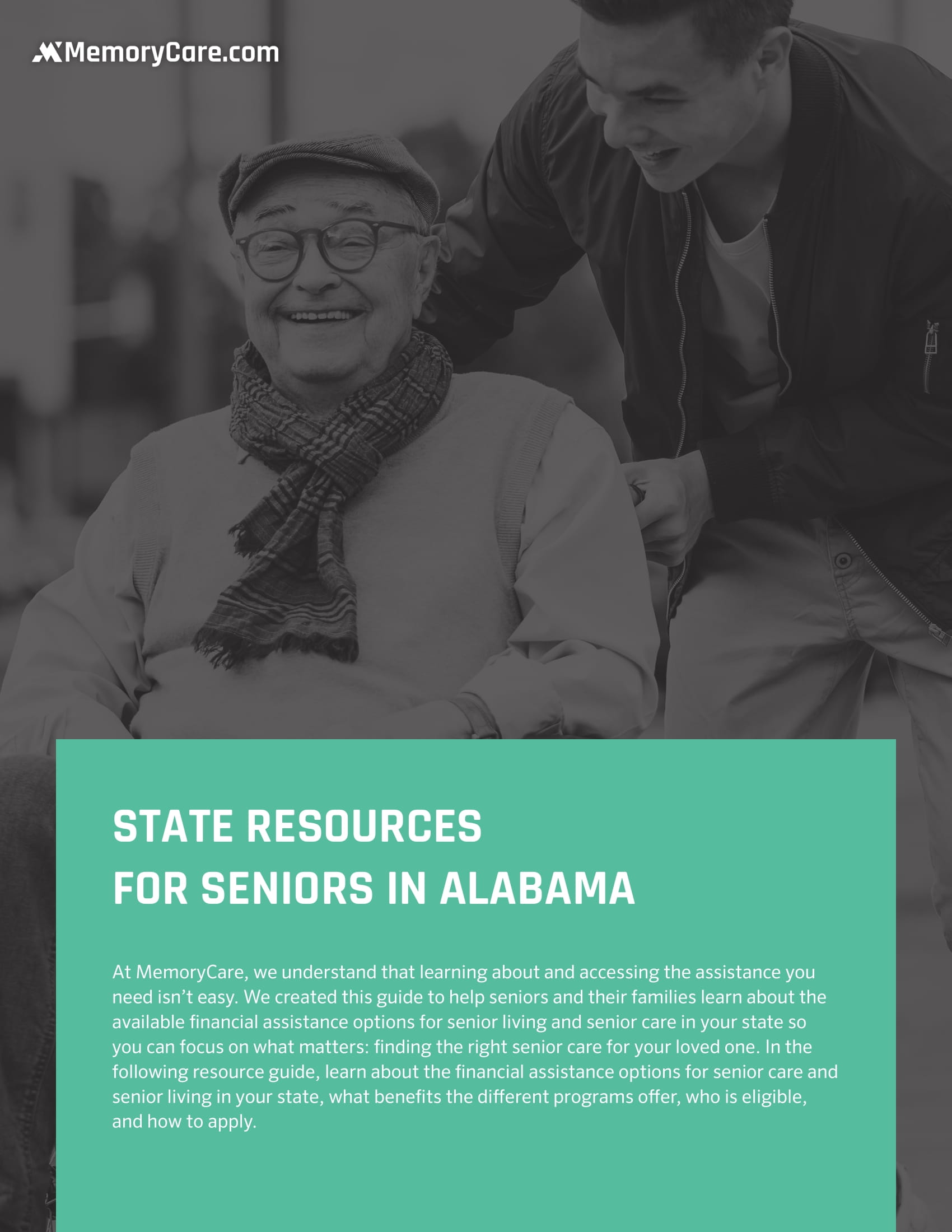
Alaska

Arizona

Arkansas

California

Colorado

Connecticut

Delaware

Florida

Georgia

Hawaii

Idaho

Illinois

Indiana

Iowa

Kansas

Kentucky

Louisiana

Maine

Maryland

Massachusetts

Michigan
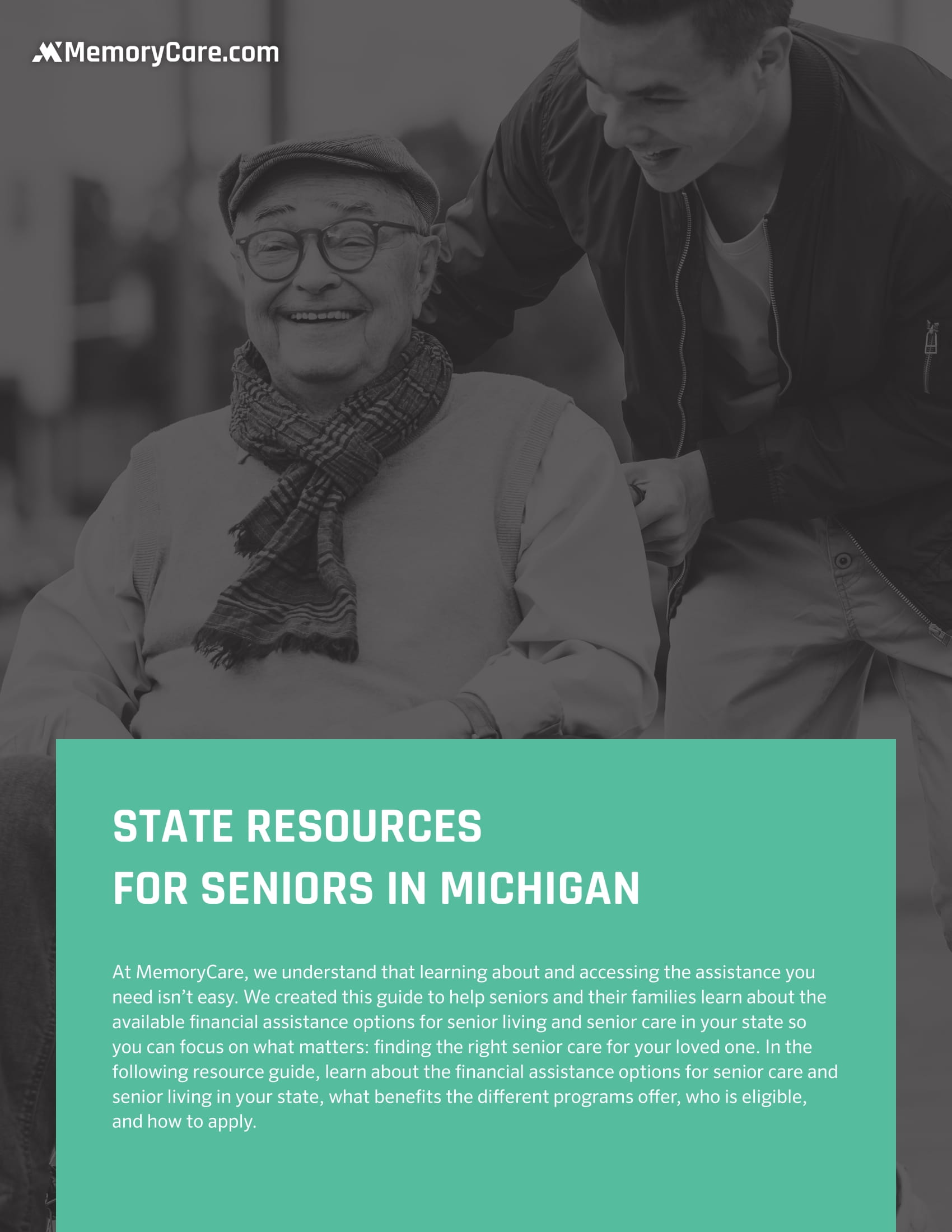
Minnesota

Mississippi

Missouri

Montana

Nebraska

Nevada

New Hampshire

New Jersey

New Mexico

New York

North Carolina

North Dakota

Ohio

Oklahoma
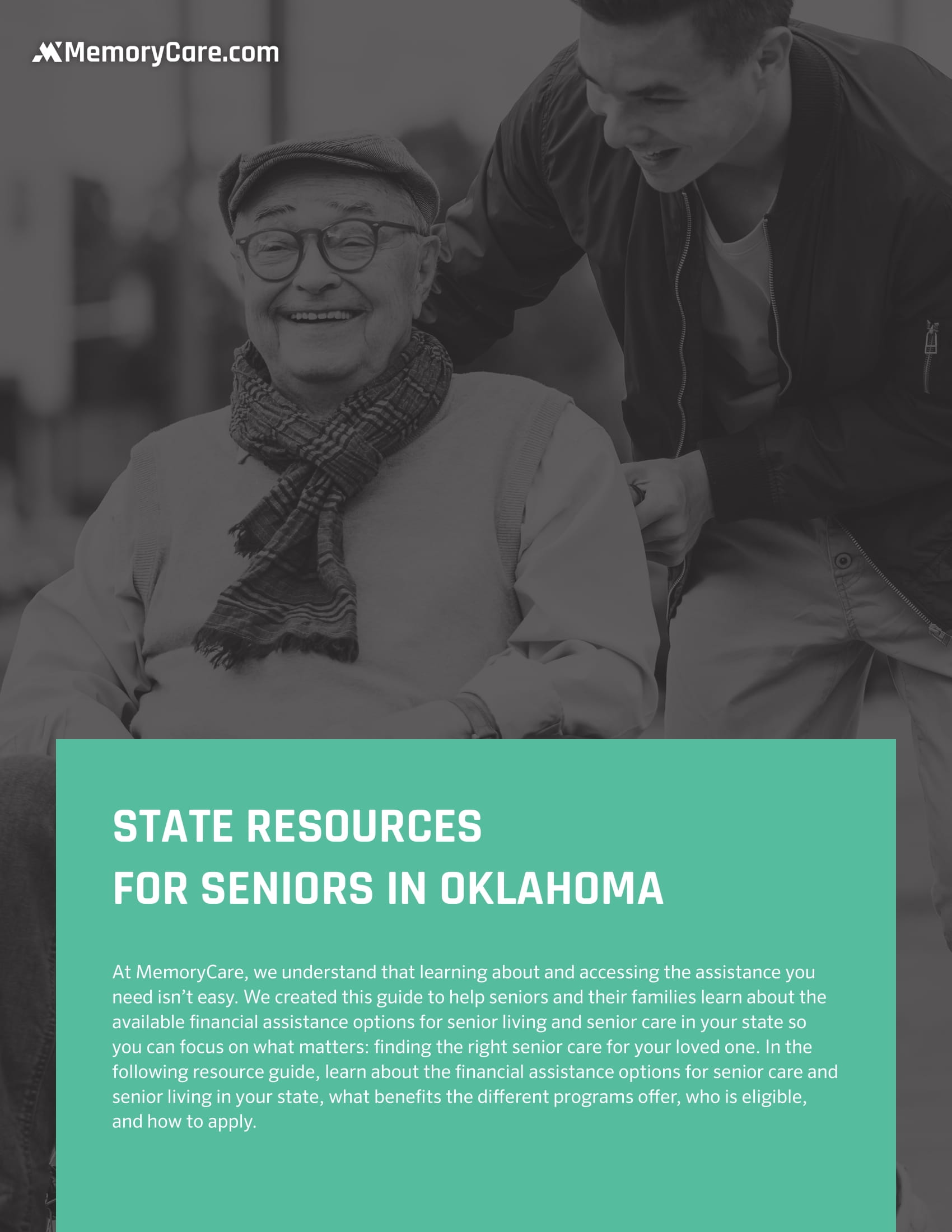
Oregon
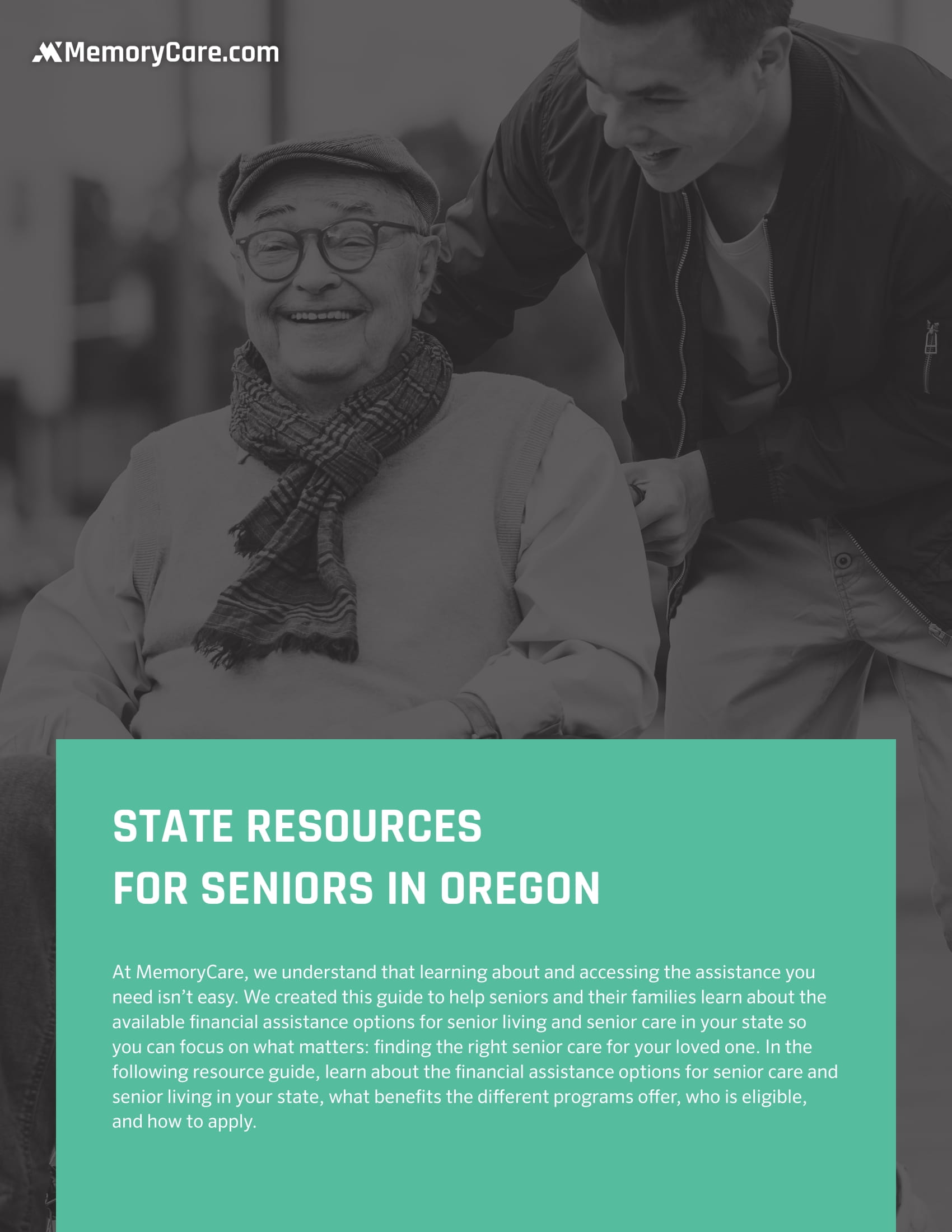
Pennsylvania

Rhode Island

South Carolina

South Dakota

Tennessee

Texas

Utah

Vermont

Virginia

Washington

West Virginia

Wisconsin
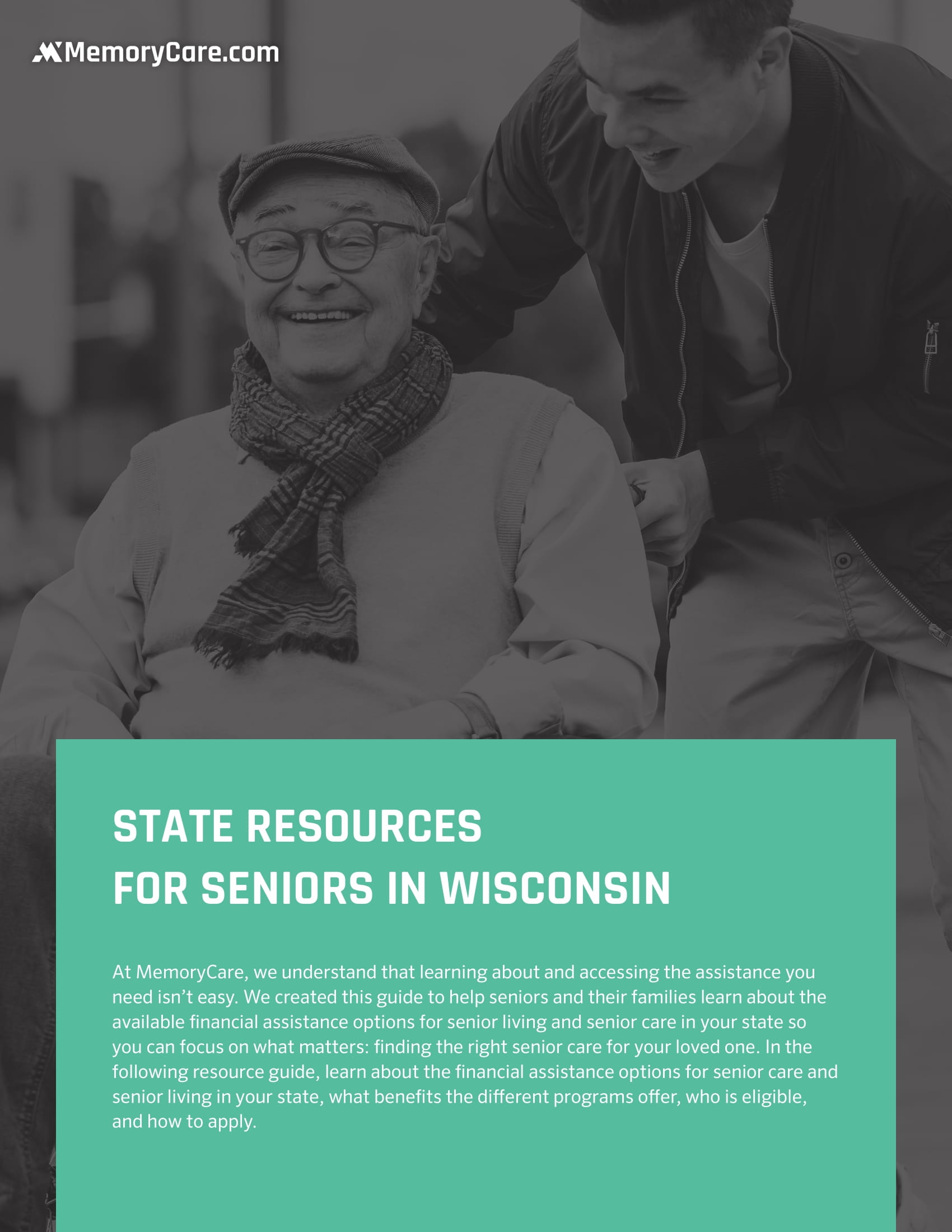
Wyoming
